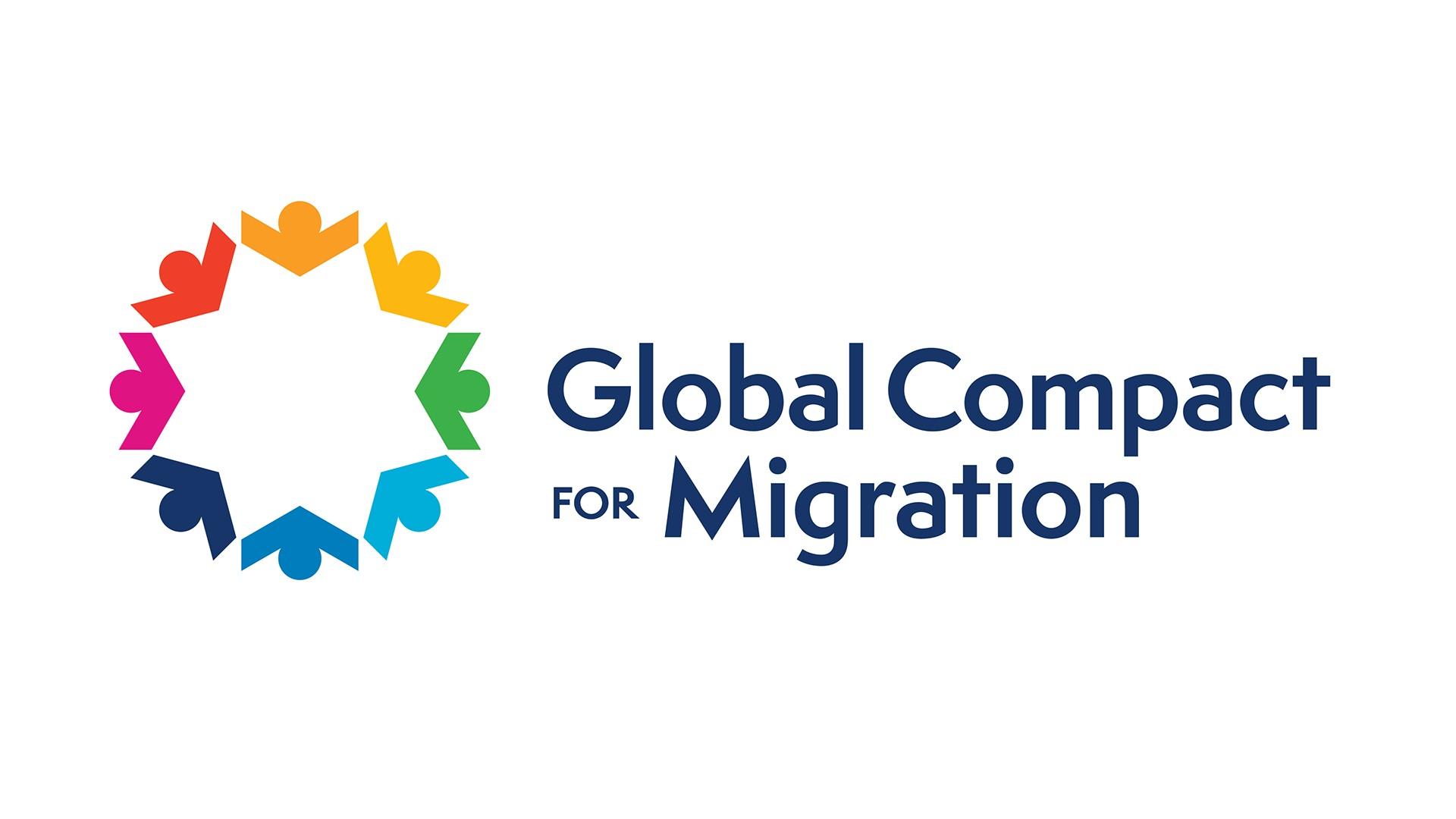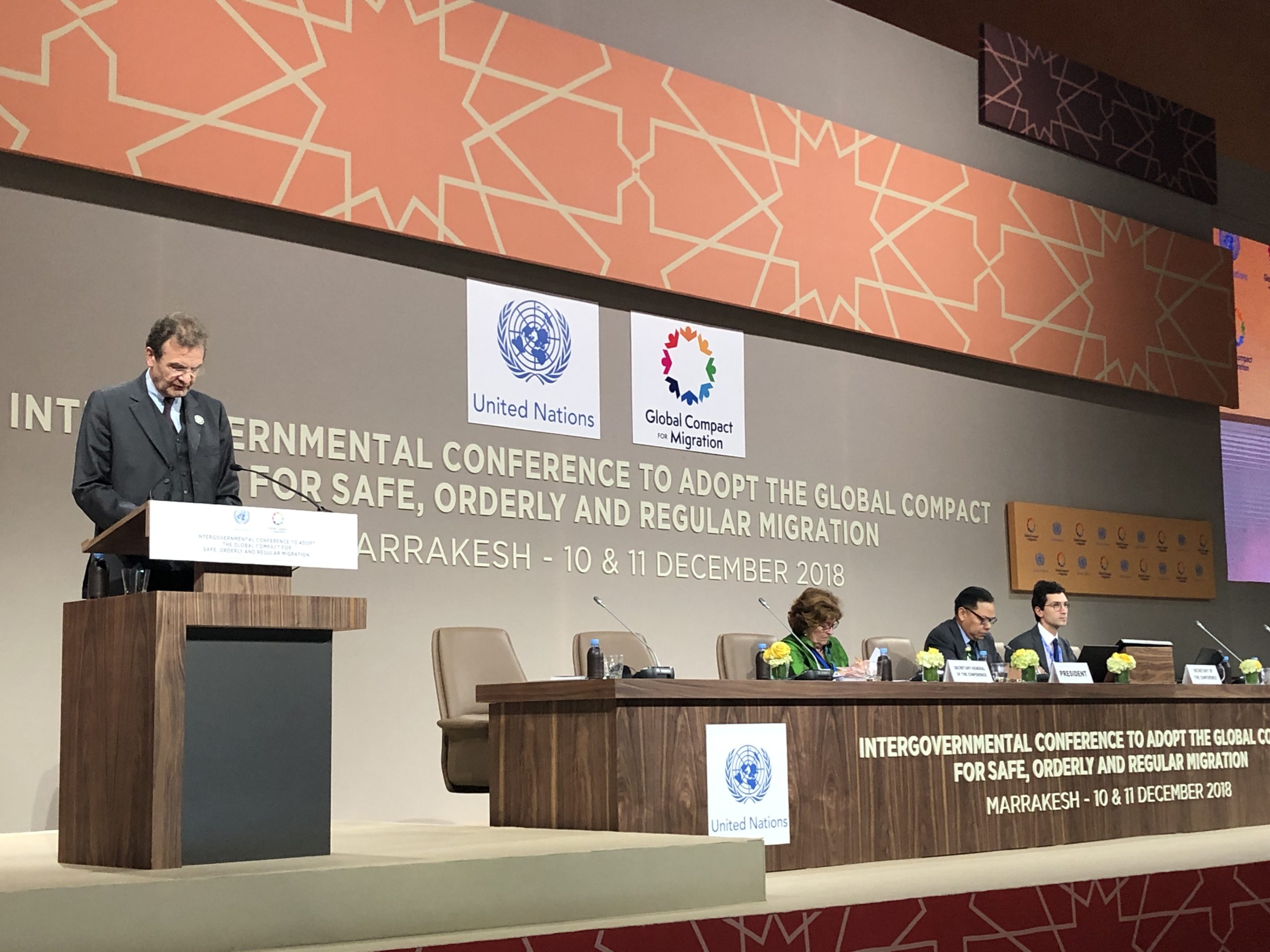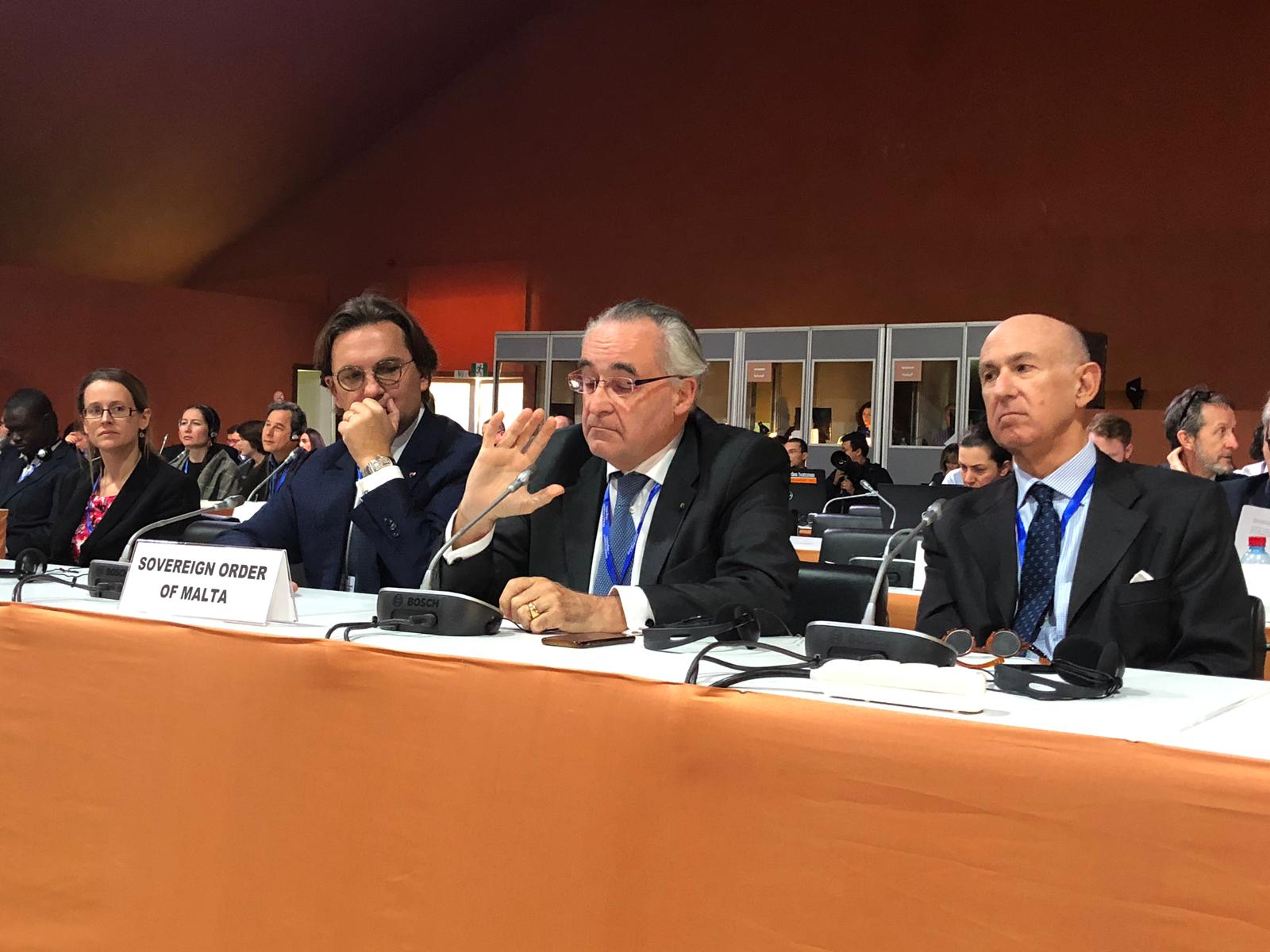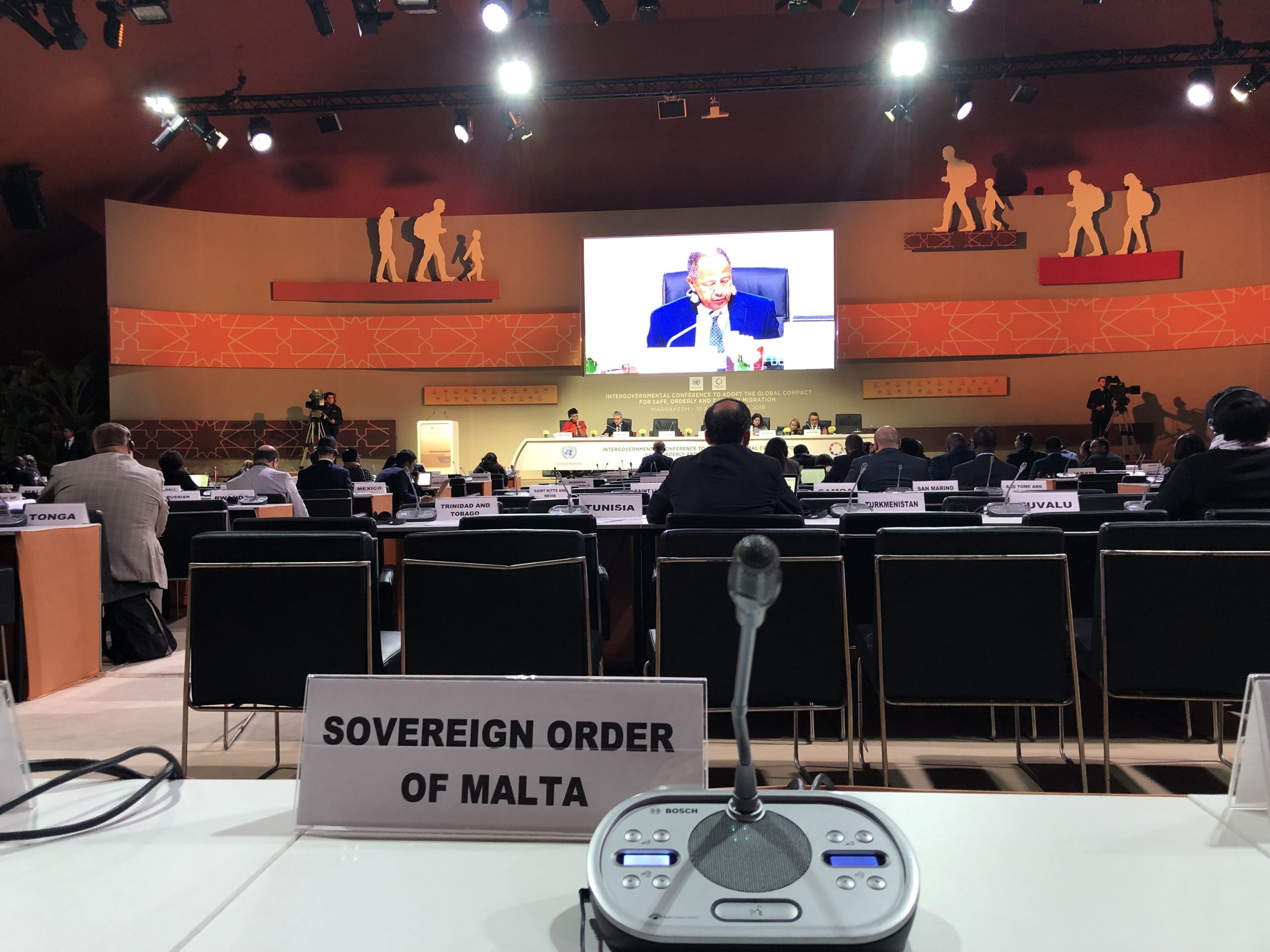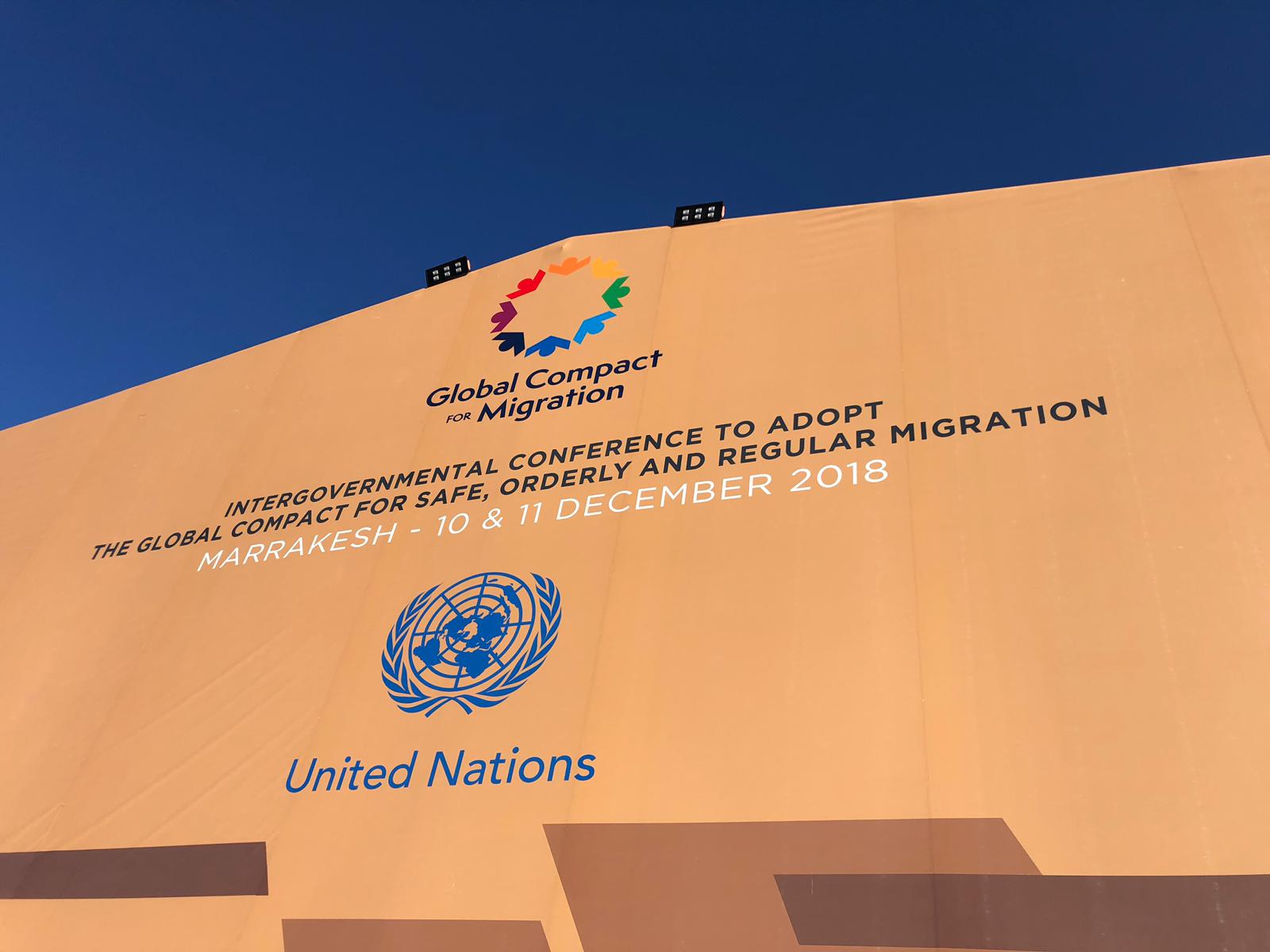“Migration is a global phenomenon requiring a joint and multilateral approach,” said Albrecht Boeselager, Grand Chancellor of the Order of Malta, from Marrakech in Morocco during the conference to approve the Global Compact, an agreement prepared under the auspices of the United Nations that establishes the guidelines for global migration management politics and strategies. The agreement comprises 23 objectives, developed over two years of negotiation to arrive at a joint document, to which the Order of Malta has contributed from the start through its diplomatic mission to the United Nations in New York.
The promotion of legal access routes, the defence of international human rights and humanitarian laws, the eradication of human trafficking, the creation of policies for fostering the integration of migrants also in the labour market and in education for minors, the development of policies for family reunification, involving not only state institutes but also civil society and the voluntary sector: these are just some of the Order of Malta’s proposals for the “Global Compact for safe, regular and orderly migration”.
“With the unprecedented figure of over 40 million slaves in the world, we cannot ignore the fact that the non-management of migration strengthens the criminal networks that exploit migrants and refugees. We’re not just talking about trafficking in persons but also in organs, weapons and drugs,” said Boeselager, referring to the efforts of the two Order of Malta ambassadors responsible for maintaining the focus on human trafficking.
“The militarization of borders leads to a militarization of traffickers and a strengthening of criminal infrastructures,” the Grand Chancellor said, pointing out that it is precisely in the interests of the main recipient countries to sign an agreement that guarantees “an orderly management of flows through sharing information for the identification and repatriation of irregular migrants”.
The Order of Malta is present in the main countries of origin, transit and arrival of migrants and refugees. It develops health and social projects for refugees in Lebanon, Turkey and Iraq and since 2008 it has been present on the Italian vessels operating in the Mediterranean Sea, providing first aid to migrants attempting the crossing on rubber dinghies and makeshift boats. In Sub-Saharan Africa, the Order also runs numerous healthcare projects. In Germany, it manages some 150 centres for migrants and refugees where it offers legal, social and psychological assistance as well as courses for fostering integration.








